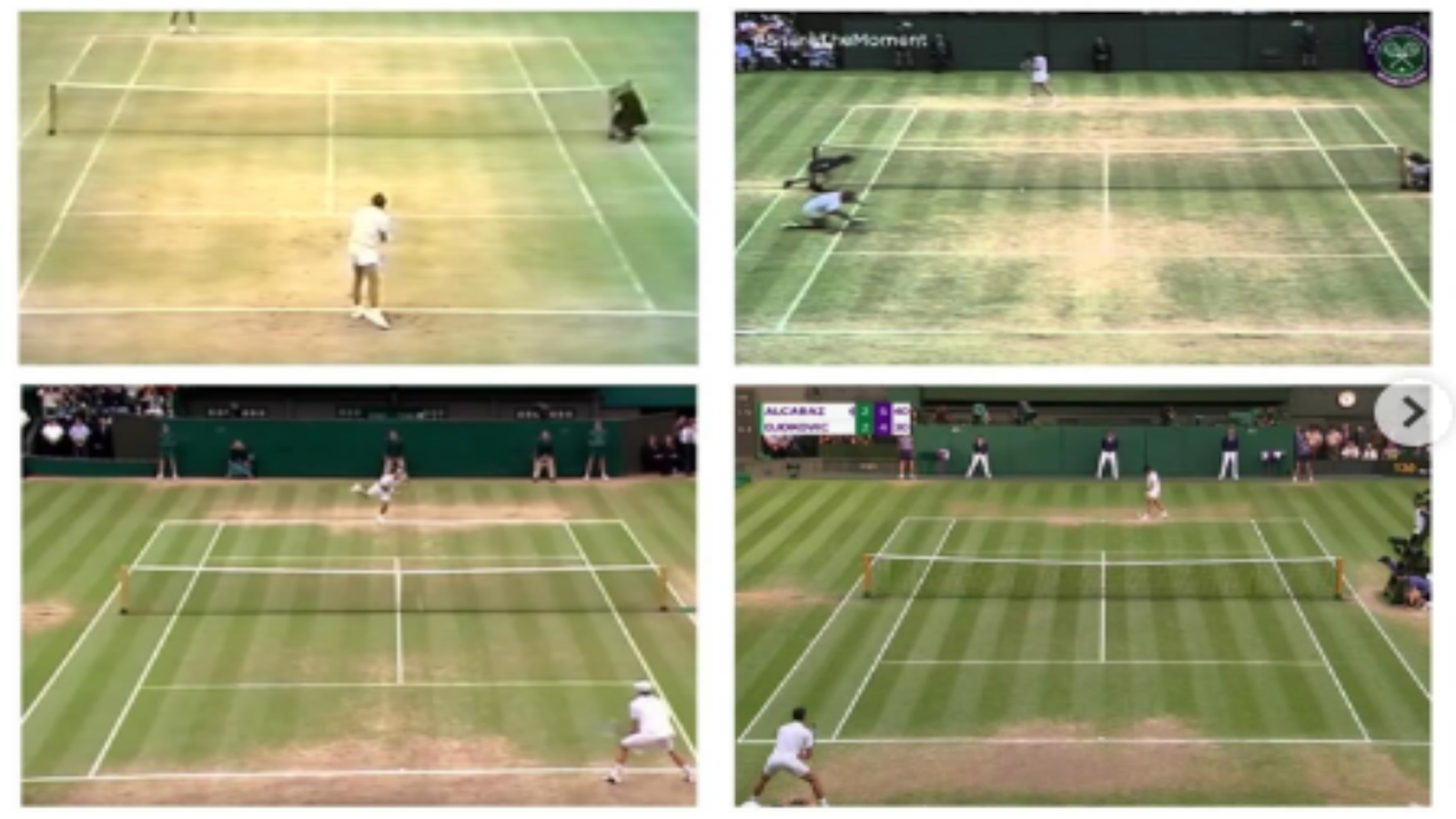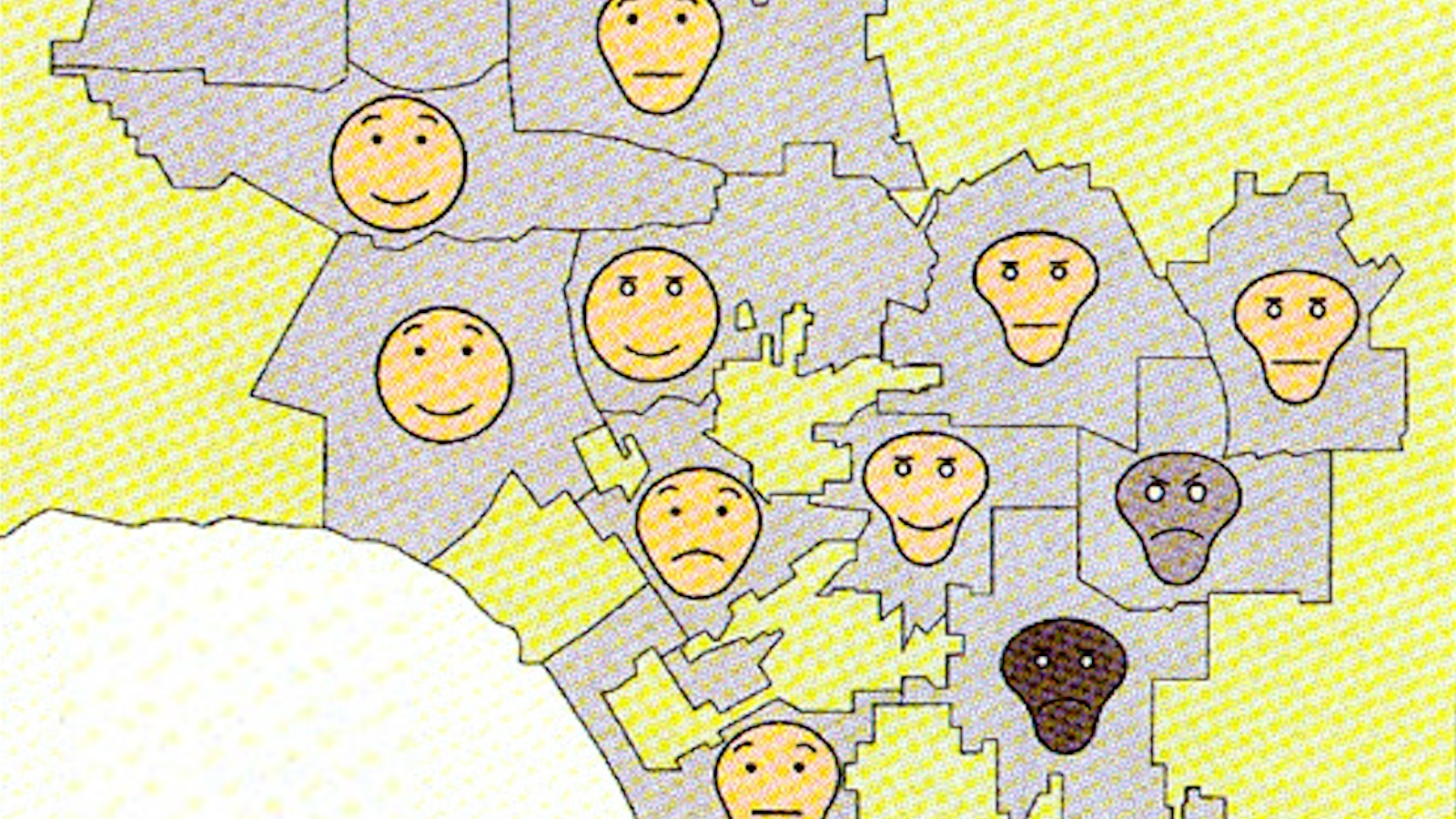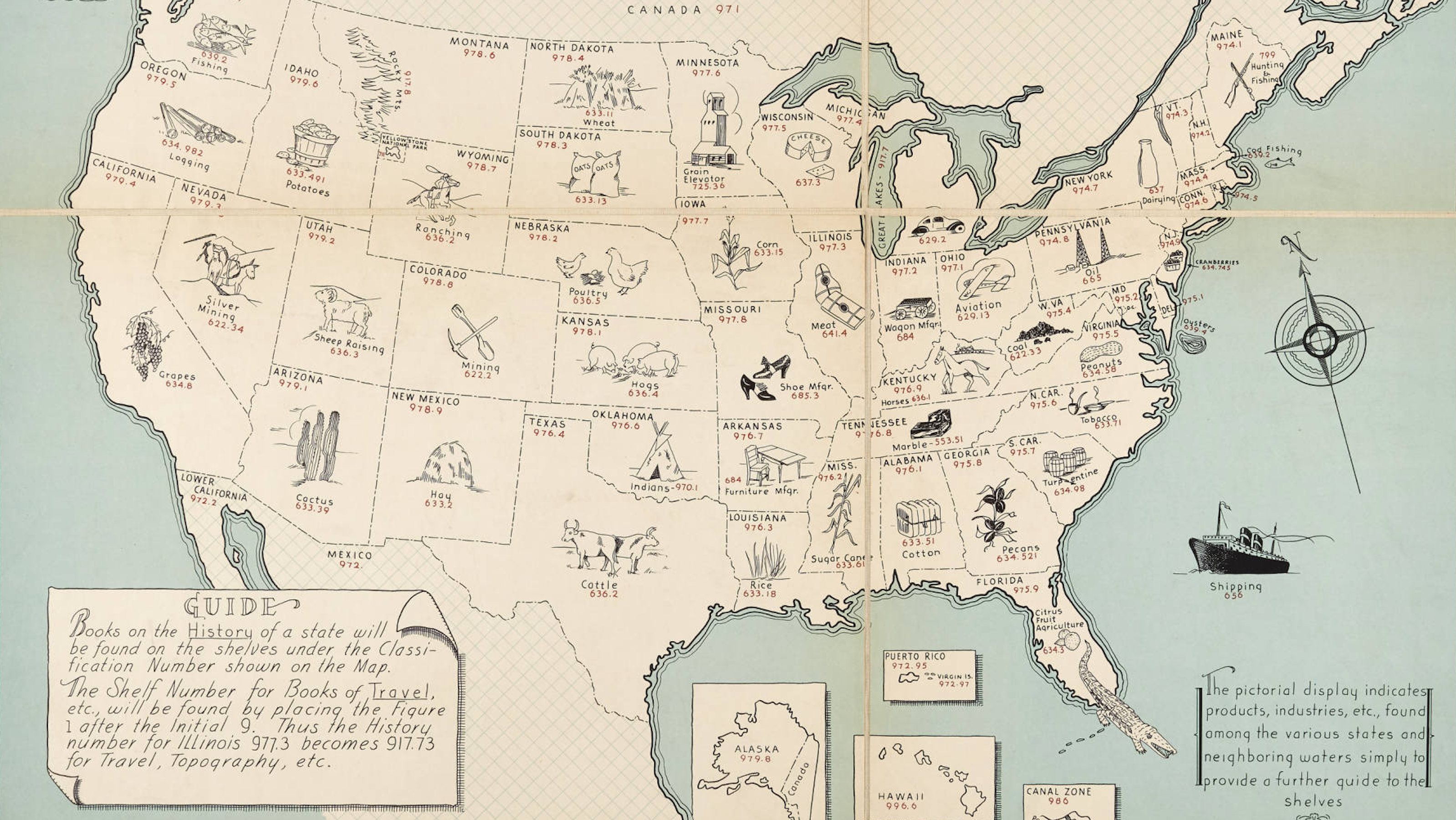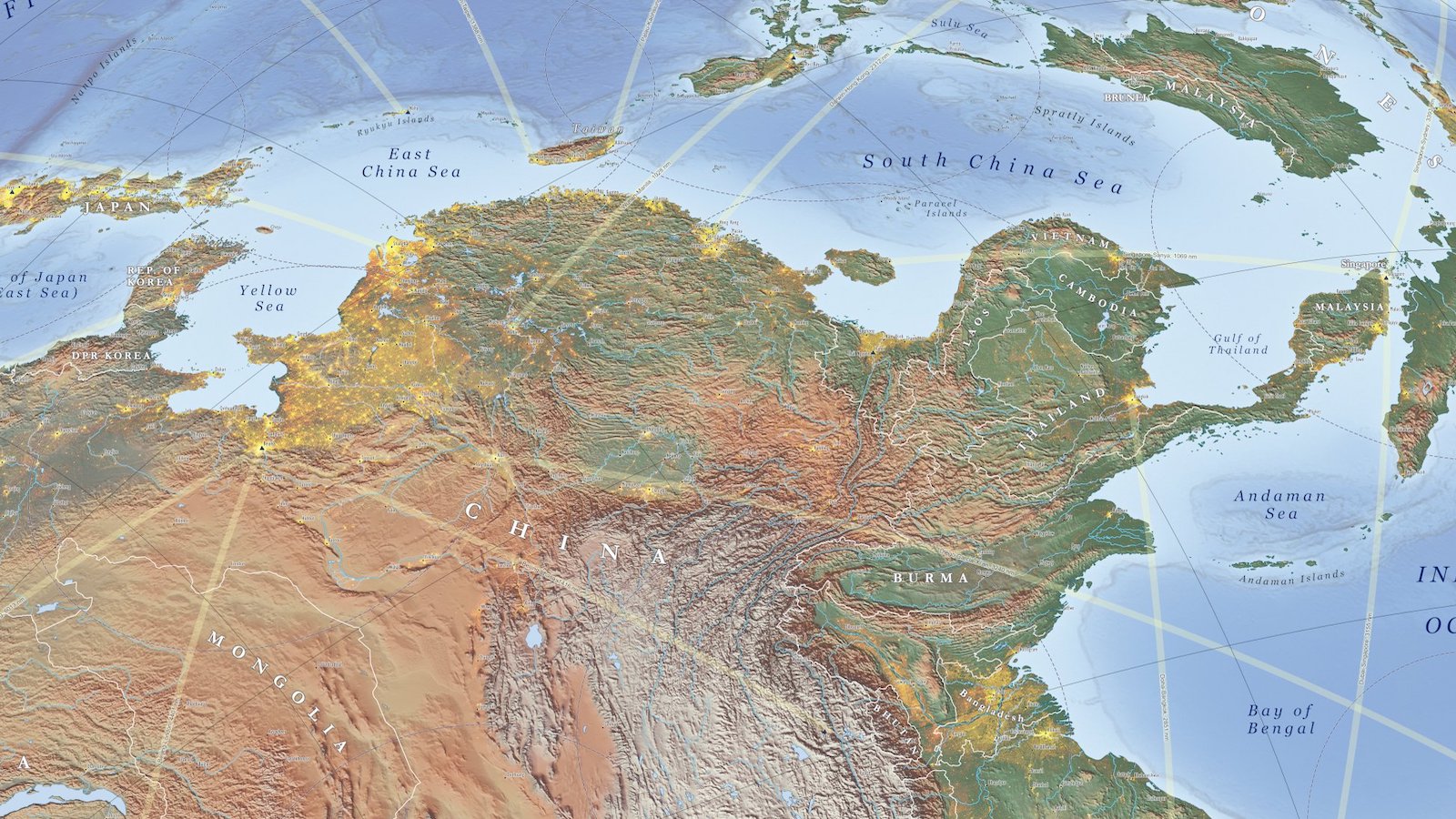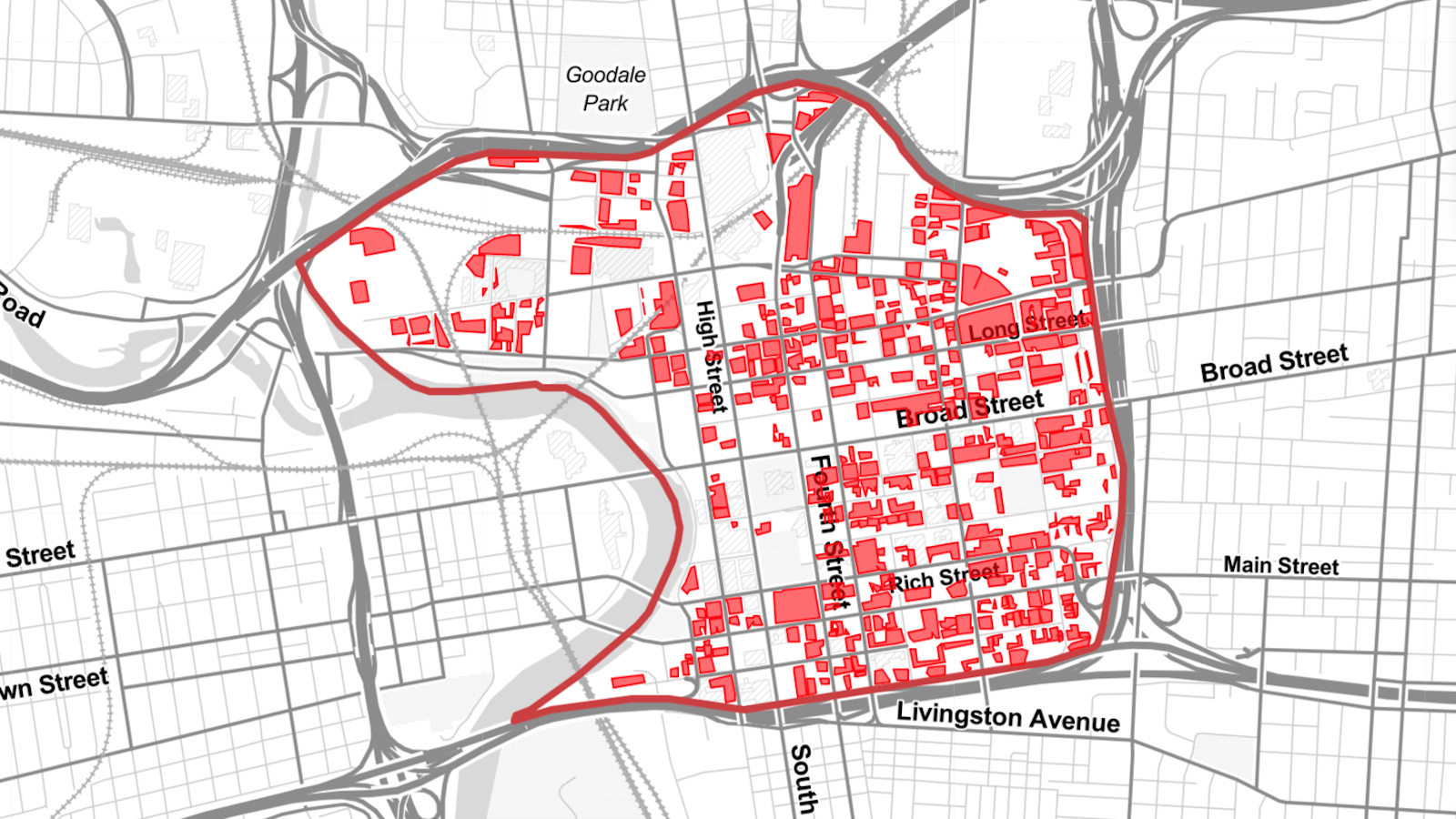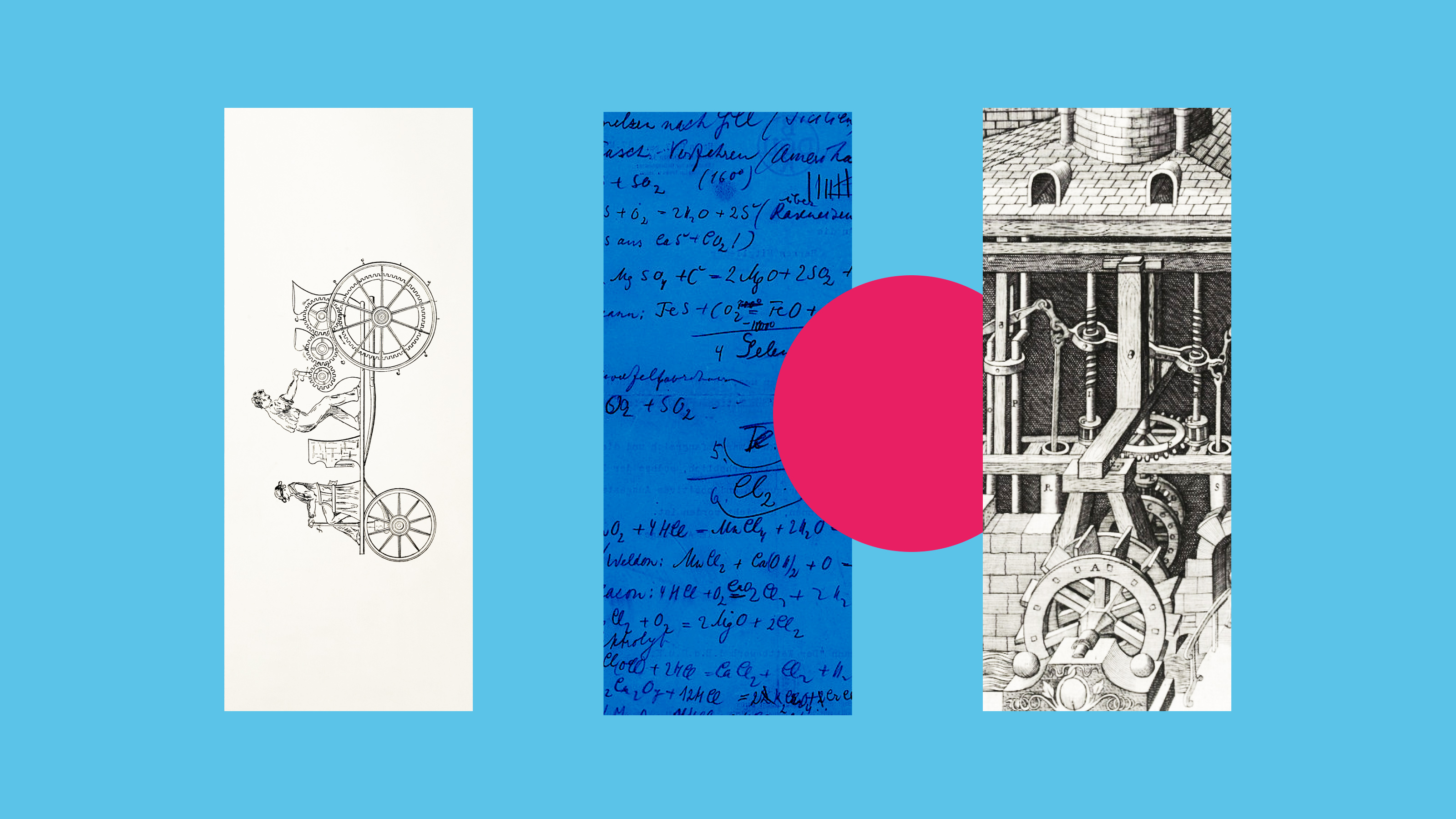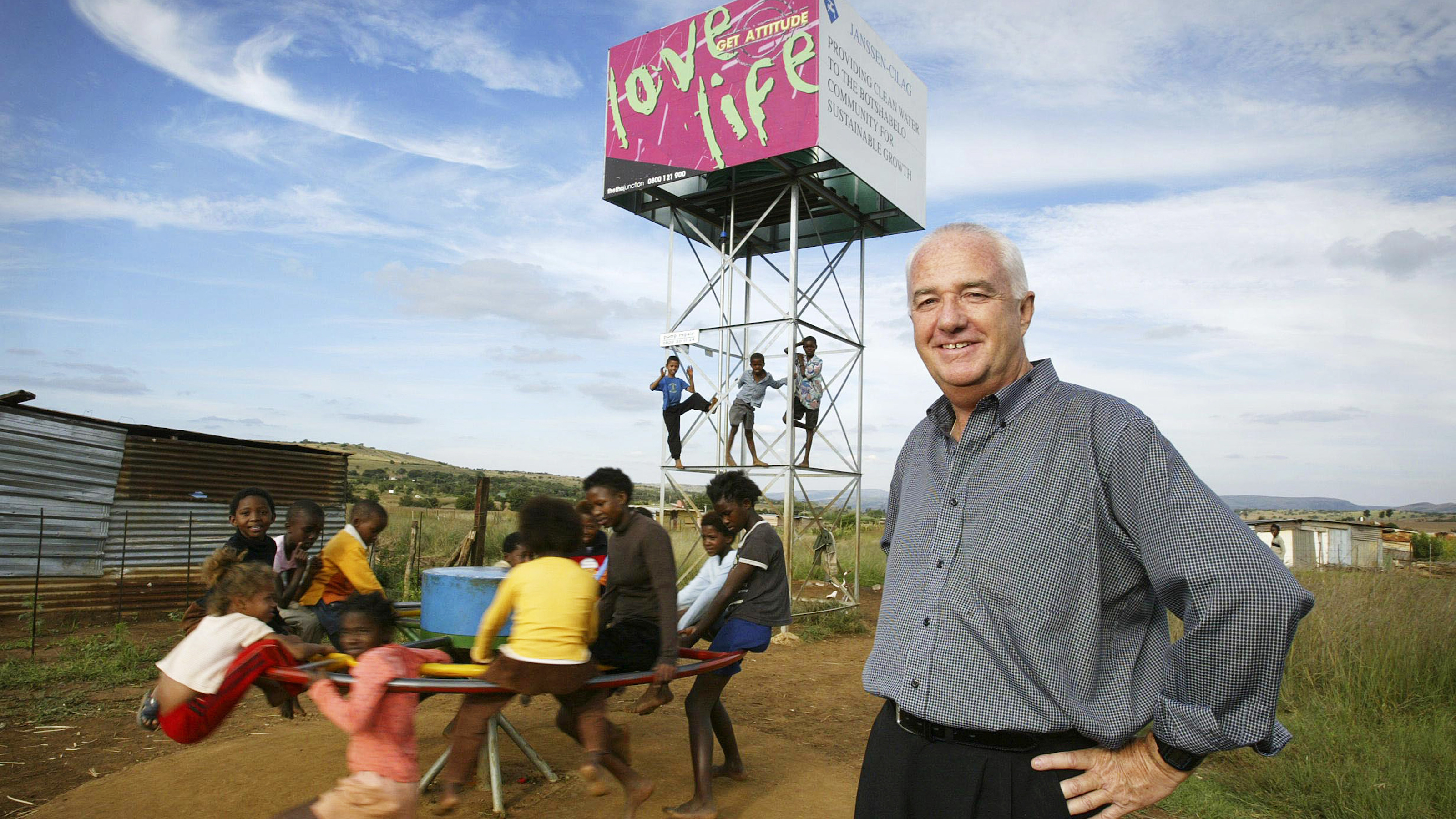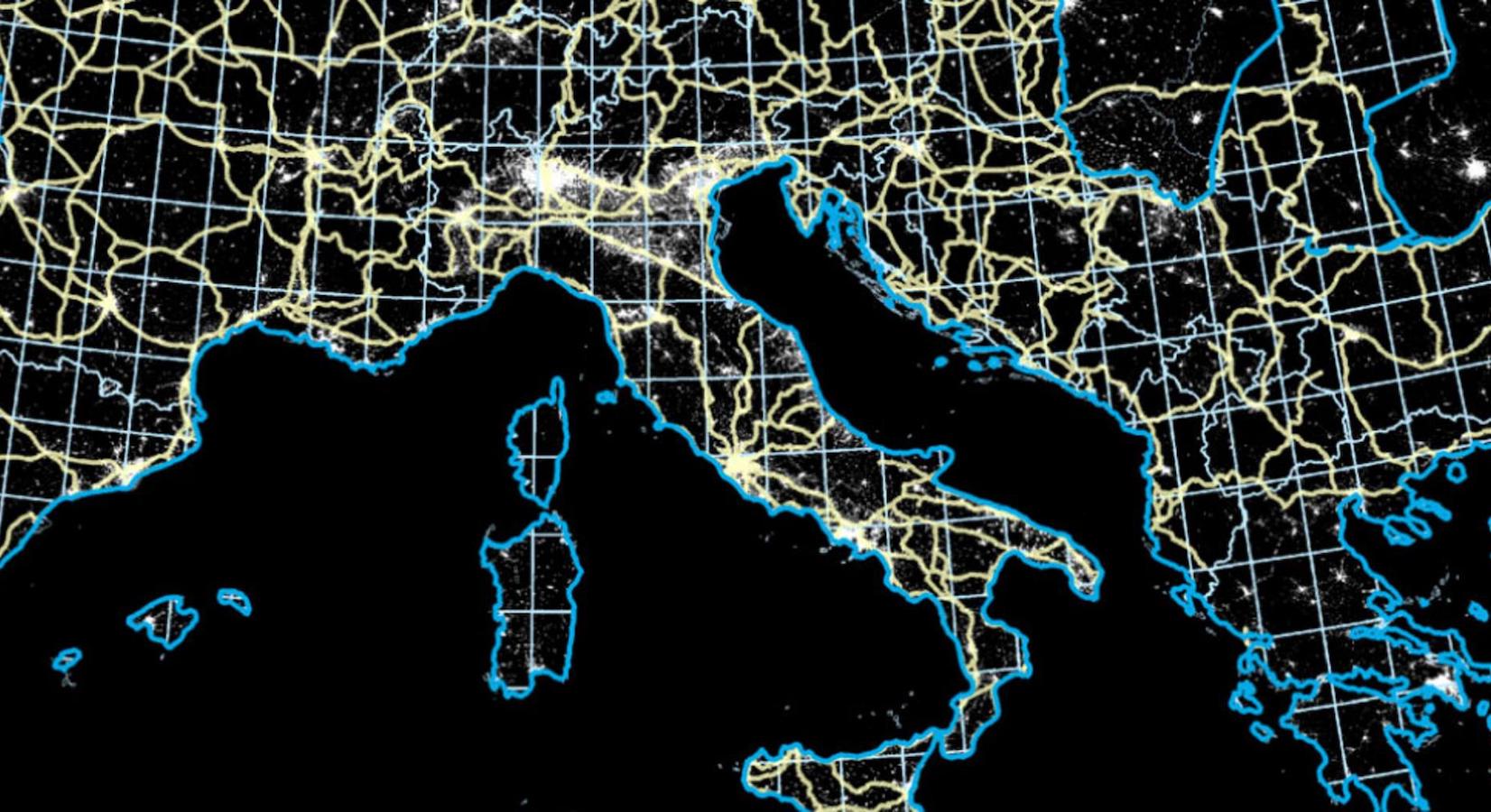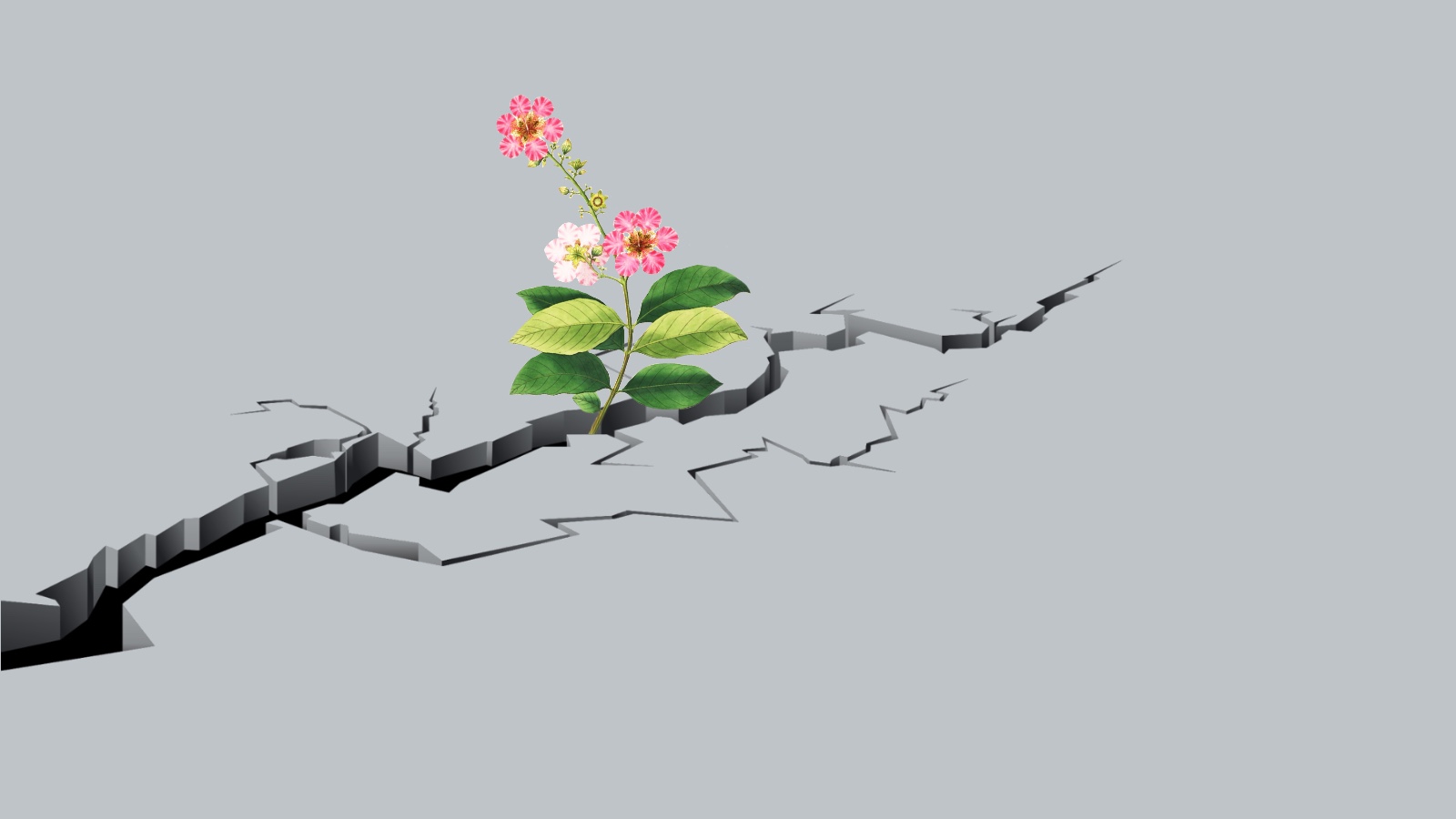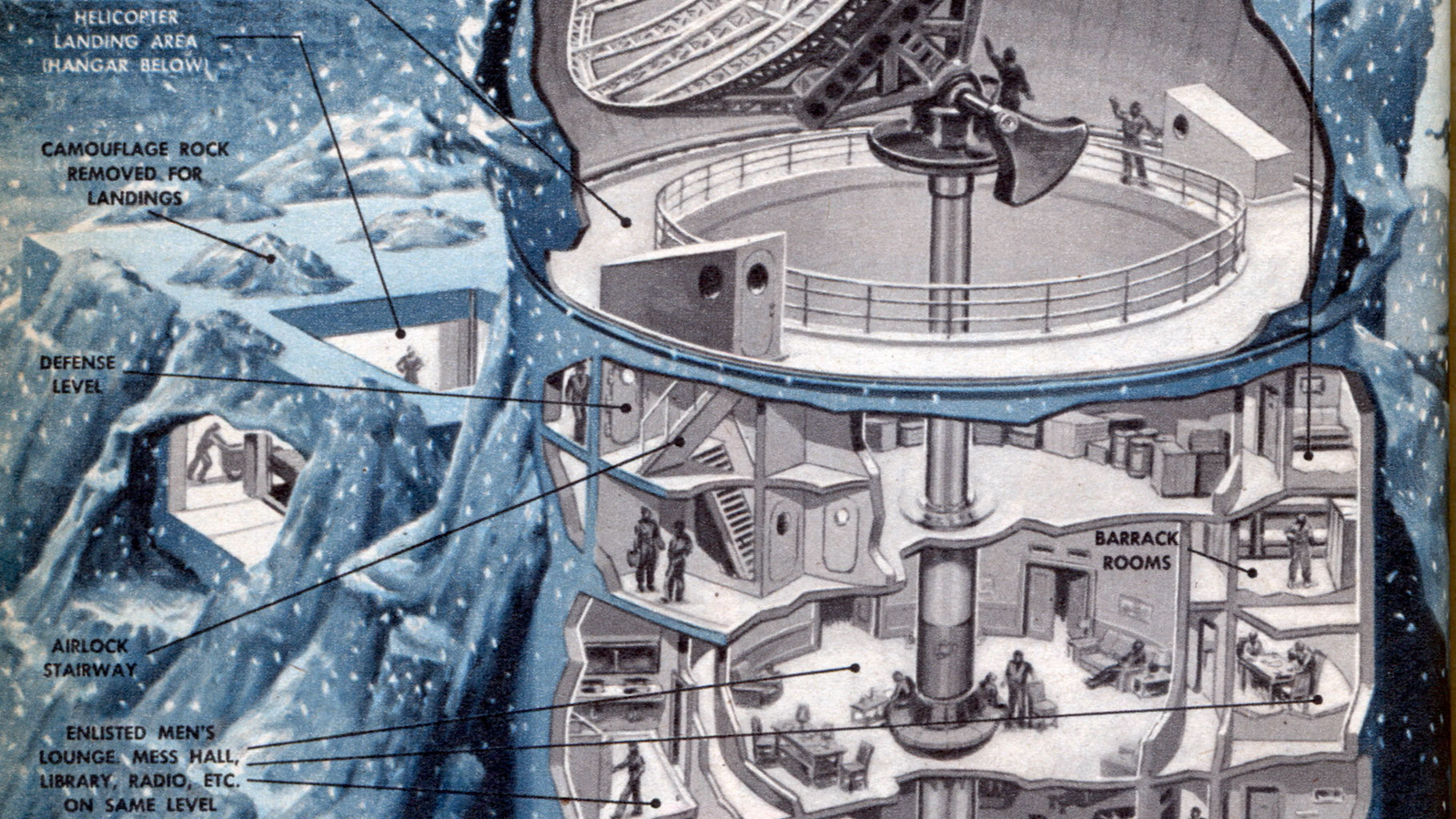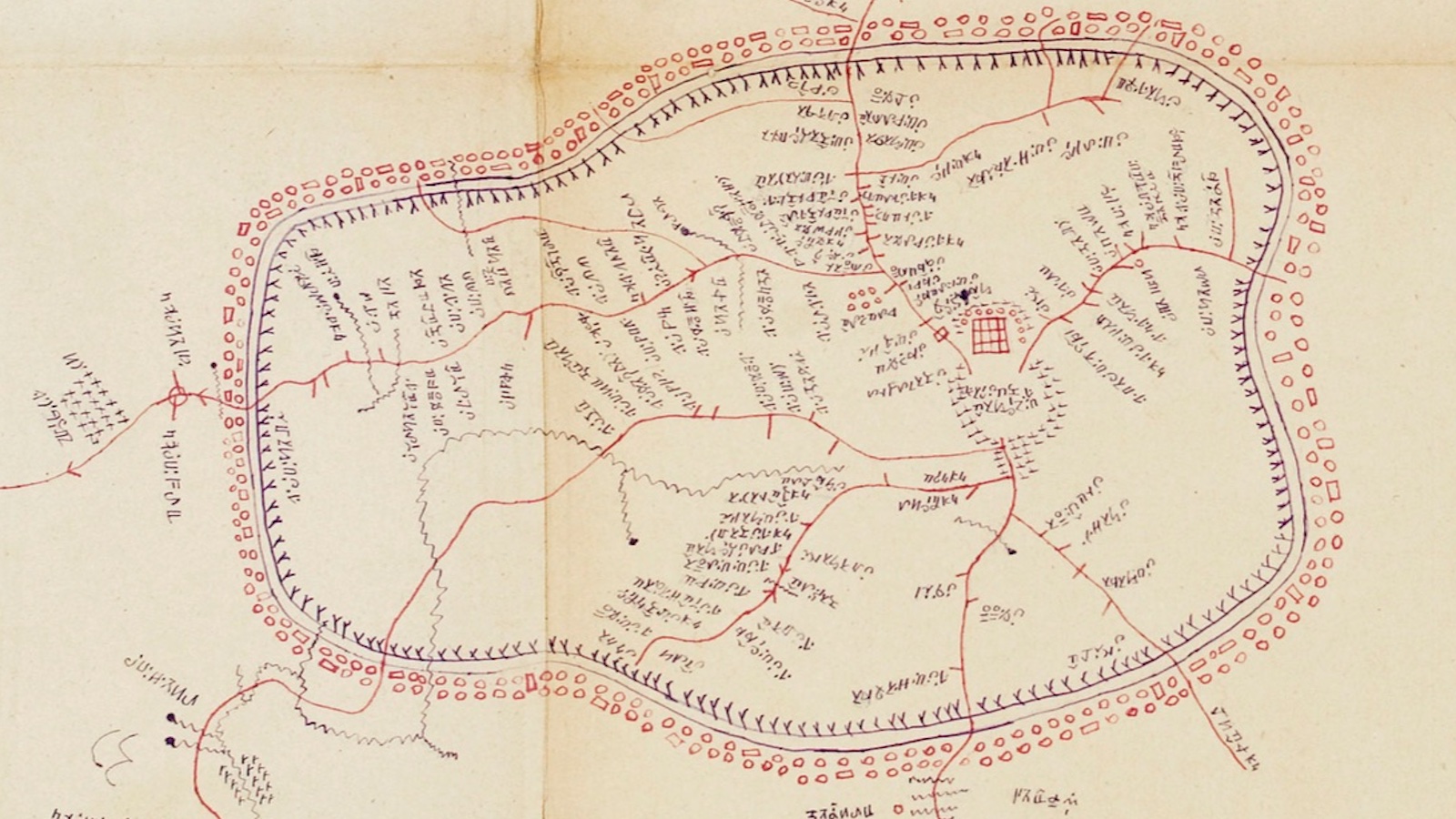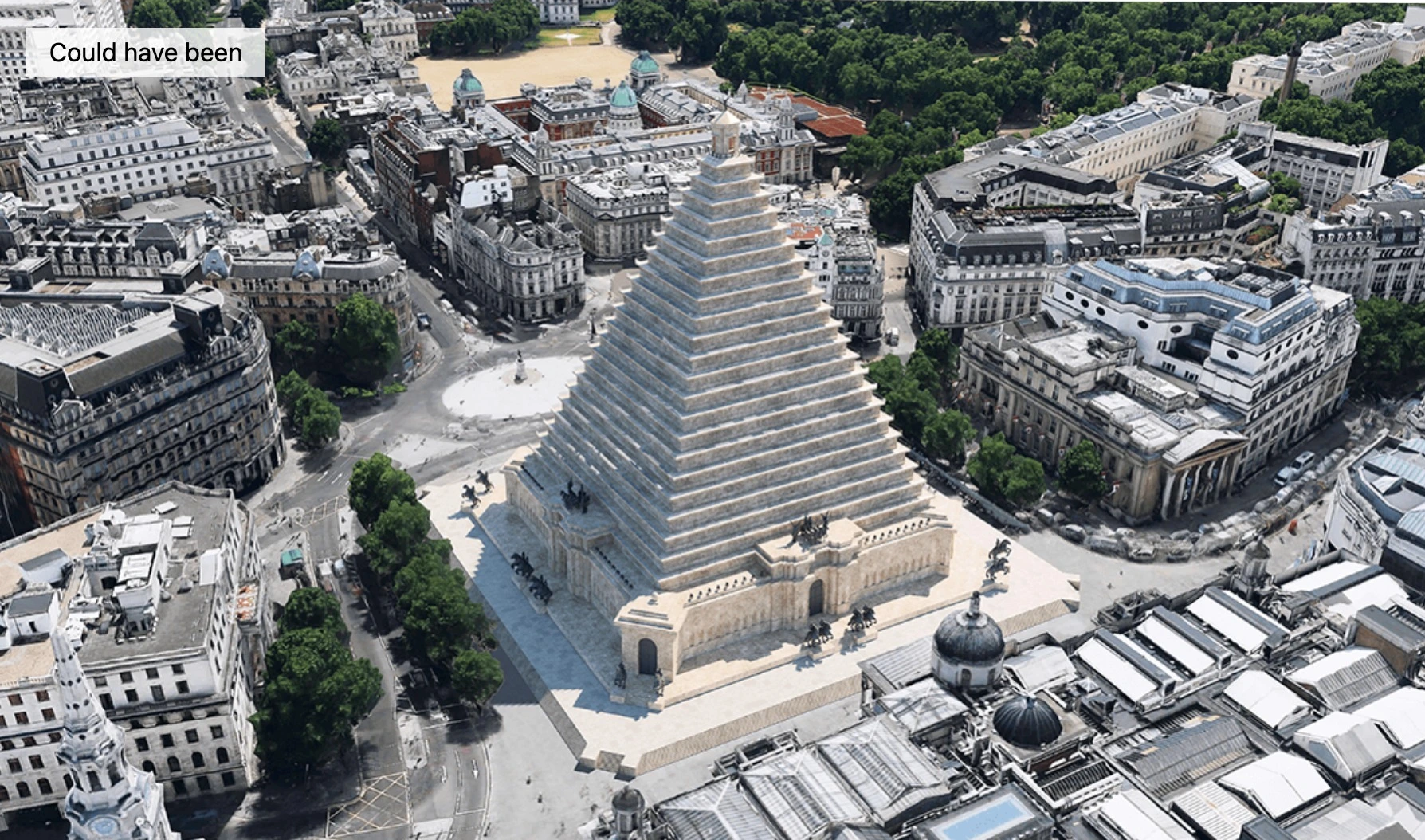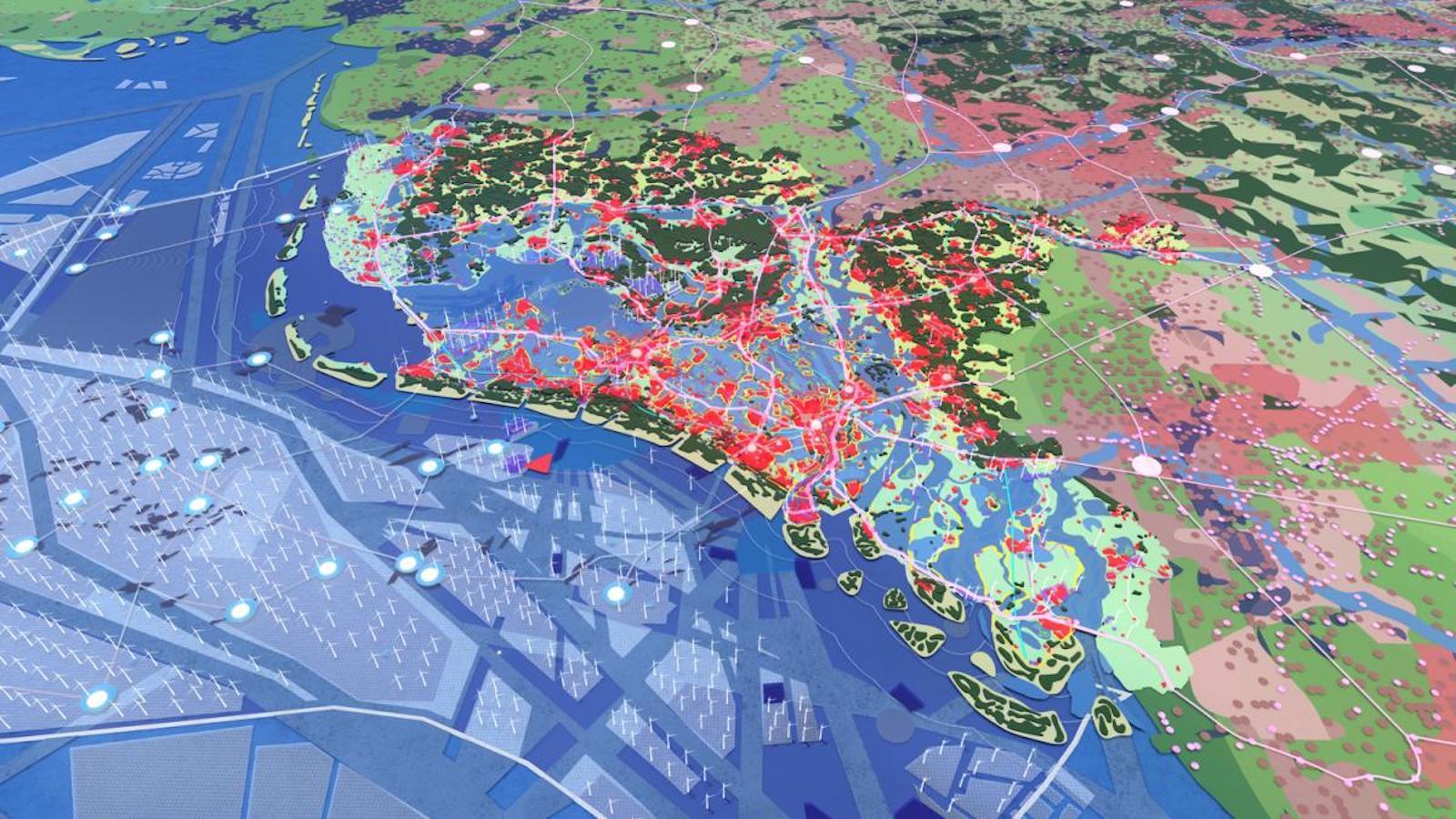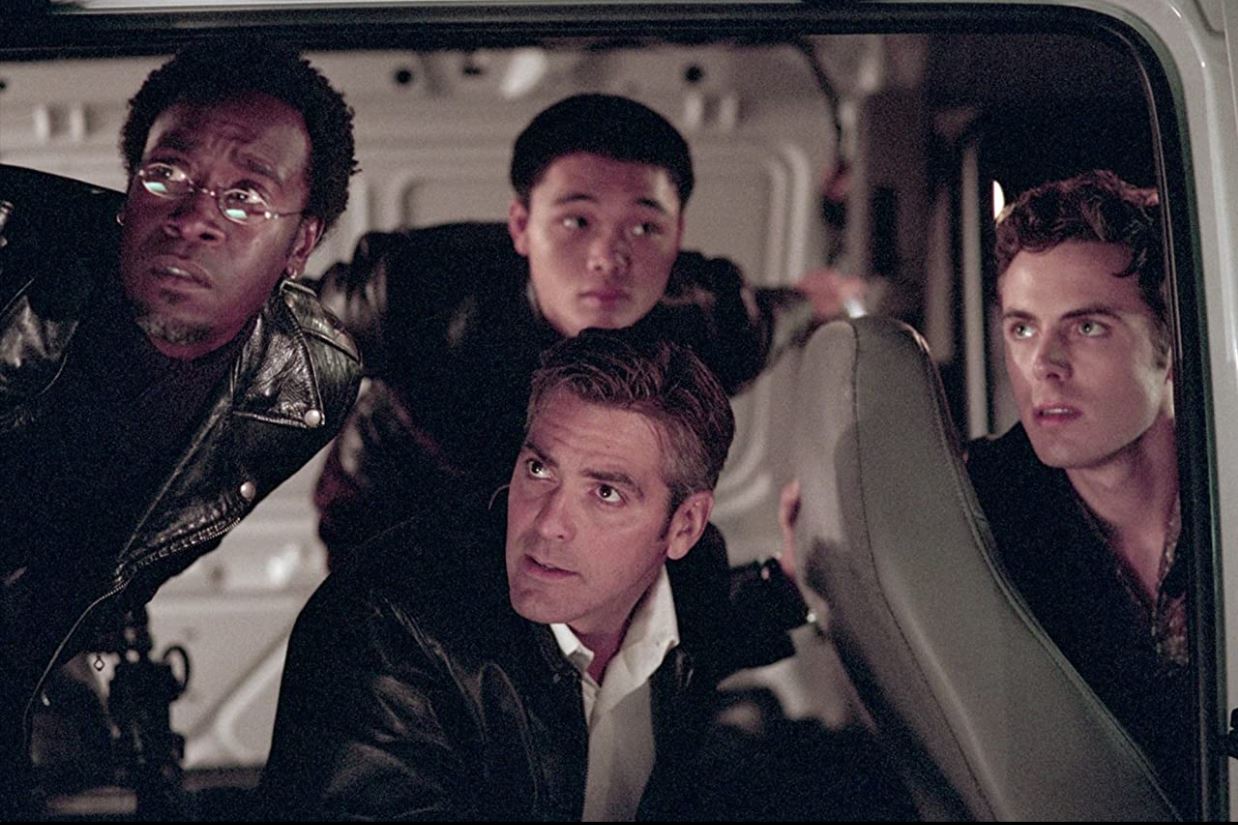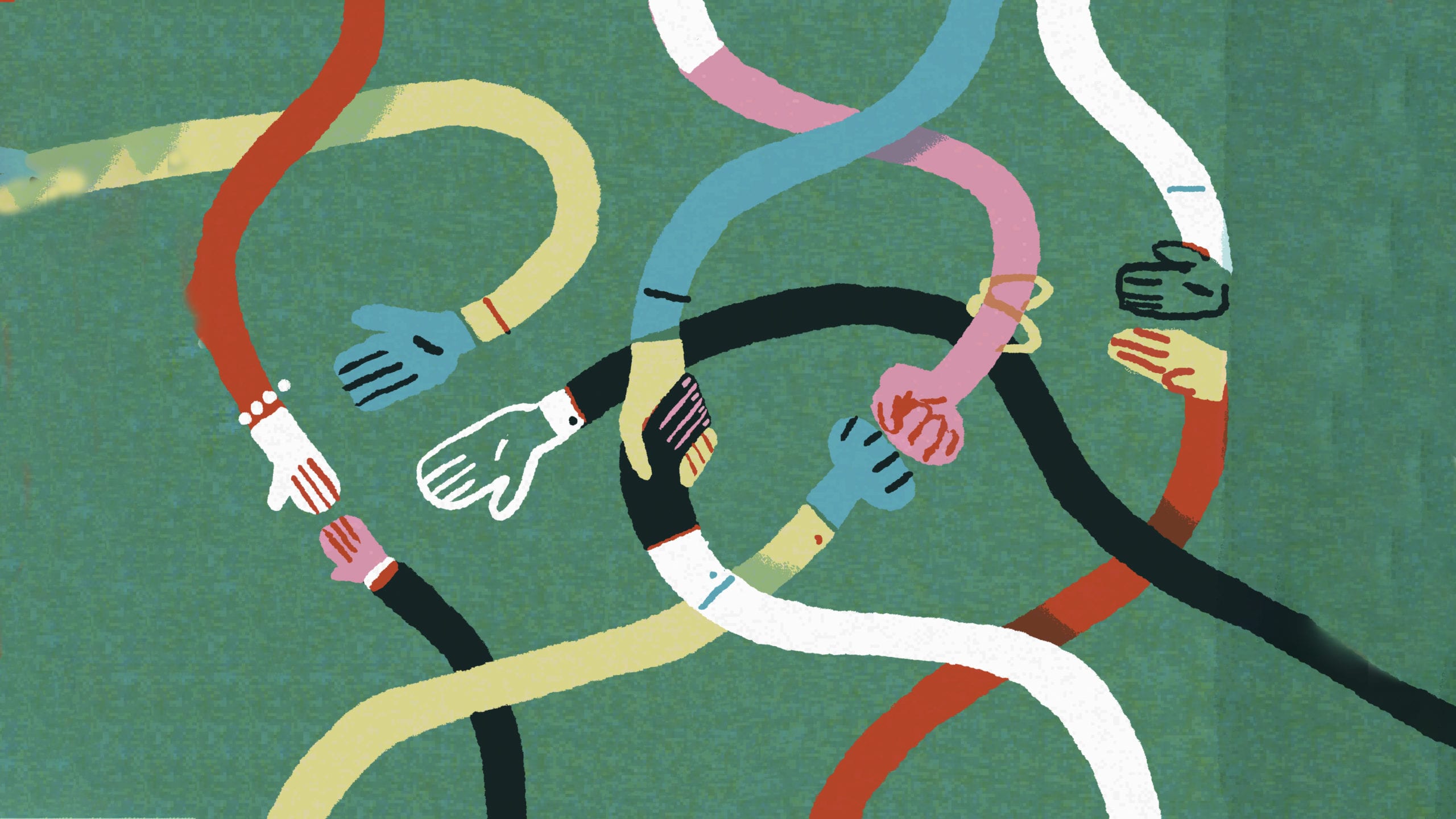Design Thinking
How has tennis changed in recent decades? The wear and tear on Wimbledon’s Centre Court may tell the tale.
50 years ago, Herman Chernoff proposed using human faces to represent multidimensional datasets. It was a good idea in theory — but a disaster in practice.
Former Levi Strauss & Co. CEO Chip Bergh revitalized the brand with a visionary innovation plan.
This map samples some of the digits that make up the DDC system, invented by the brilliant but flawed Melvil Dewey.
Architect and brand innovator Kevin Ervin Kelley sounds the alarm for workplace culture — and argues for a “big bang” collision of forms and shapes.
How to juggle while walking a tightrope — at work.
When you turn a map of East Asia upside down, Beijing’s geographic constraints and regional ambitions become much clearer.
Like sneaking veggies into dessert, these board games teach STEM, strategy, and executive functions through the joys of play.
Without modularization, many epic projects simply would be impossible.
Parking lots are about one-fifth of all land in U.S. city centers, making them “easy to get to, but not worth arriving at.”
The first “running machine” — later known as the bicycle — symbolizes a key design idea.
Sight helps you see a room, but interoception lets you sense it from inside your own body.
Wizbang innovations capture the public’s imagination, but thoughtful, incremental development is often more valuable to those in need.
All roads may not lead to Rome, but many of them lead to wealth and prosperity — even 1,500 years after the fall of the Roman Empire.
Historical analyses reveal that crises almost always yield surprising benefits.
Our society mostly emphasizes developing logical, procedural thinking skills, but this isn’t the only way to come up with great ideas.
There are nearly 100 towns named “Troy.”
In the 1980s, some wardens started painting their cells with a shade of pink dubbed “Baker-Miller Pink.”
Cold War meets Star Wars in this cut-away of a 1950 “rubber bubble,” the first line of defense against nuclear sneak attack.
This representation of the Bamum kingdom is a rare example of early 20th-century indigenous African cartography.
A large study concludes that people who grew up in rural areas are superior at navigation, likely because cities tend to be less complex.
Can stories help us become more creative?
Take a look at the Times Square Totem, the Trafalgar Square Pyramid, and other landmarks that were never built.
With sea levels rising, the Dutch are pondering floating cities — while also exporting their engineering know-how to turn a tidy profit.
People admire complexity. Many attribute it to the work of superior minds, those with the skills or intelligence to wrangle challenging ideas into a workable—if not always comprehensible—whole. This esteem […]
Anti-human business practices deteriorate their charges, and there’s perhaps no greater warning of this end result than the life of Swedish industrialist Alfred Nobel. Nobel invented dynamite in 1867 with […]
Quick! There’s a runaway train on the tracks. Some dastardly evildoer has knocked the driver out cold and tied five people to the tracks ahead. The train is barreling down […]
Writers, filmmakers, and mythologizing biographers tend to imagine innovation originates with a lone genius who has “the spark,” that light-bulb moment when the path from inspiration to world-altering invention reveals […]
We love a good heist movie, but our favorite part is not the caper. It’s building the team. The brilliant thief—just out of jail to do one more job, he […]
It doesn’t hurt to be quick, responsive, friendly, efficient, or reliable. But for A. G. Lafley, former CEO of Procter & Gamble, the most important ingredient to making your customers […]
